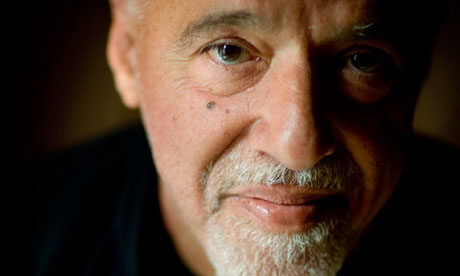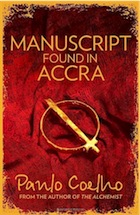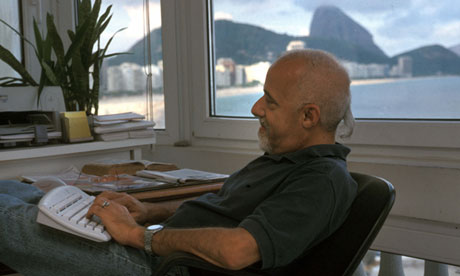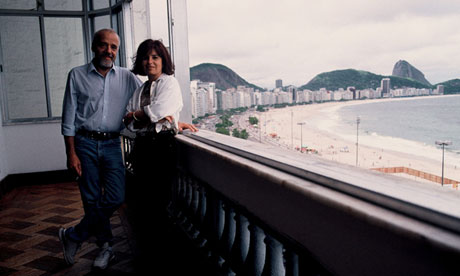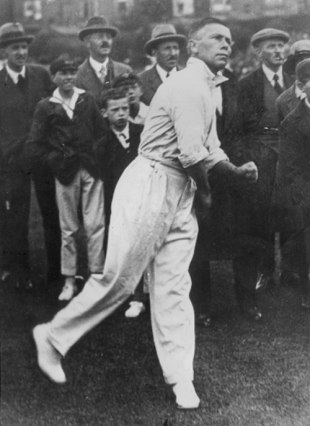Who becomes a scholar in order to insult and injure others? It is the bigots, propagandists, trolls and fundamentalists of the world who trade in insult and injury
Penguin India’s decision to withdraw Wendy Doniger’s book, The Hindus: An Alternative History, from publication — as a result of legal and possibly extralegal pressure from a right-wing organisation — has thrown up a series of questions in the public sphere. These include questions around the ethics of corporate action and the limits of corporate responsibility in supporting and protecting authors; the prevalence of two sets of laws in India — those governing freedom of expression and those governing insult and injury to groups defined around different vectors of identity, including religion and caste — and how these laws might constrain or override one another; and looming questions about the kinds of effects that a neo-nationalist and majoritarian political regime is likely to have on the spectrum of civil liberties and citizens’ rights in the coming months.
Together with five senior historians and Indologists of repute, I co-authored a public petition to our Parliamentarians and the Law Minister about the Doniger issue — (“Signing for freedom,” Comment page, The Hindu, February 15, 2014). Within a week of being up on the website Change.org, this petition garnered nearly 3,500 signatures worldwide. Whatever the actions of the book’s publisher, and whatever our judgment of those actions, I believe that a public conversation leading up to the review and reform of colonial-era laws dealing with hate speech and the incitement of communal passions is absolutely vital to expanding and strengthening freedom of expression in democratic India. But I write today as a scholar and an author, rather than as an expert on the law, or as an advocate of legal reform.
Section 295(A) of the Indian Penal Code, when pressed into service in a dispute of the kind involving Penguin India and the Shiksha Bachao Andolan Samiti, requires that the plaintiffs prove malicious intent — the intention to hurt and slander a community — on the part of the author. (It was not in fact pressed into service beyond a point in this particular case because the parties settled out of court, so let us not say this case but rather this type of case.) As a historian, I would like to examine this business of authorial intention more closely. When reframed as a problem of deciphering intent, the question really becomes: Why did the author write this book? (The implied answer being: In order to injure a given community, as assumption that, per IPC 295(A), the plaintiff must then prove by providing a corresponding interpretation of the text.) But if prima facie we reject this notion, that the author wrote with the intention of causing harm, then we must answer the next logical question: Why did the author write the book? More broadly, as scholars, why do we write?
A scholar’s journey
Writing is a deeply solitary and, at the same time, radically intersubjective exercise. One writes to engage with ideas, with language and with texts, but one writes also to communicate the outcome of that engagement to others. Most human beings think about things; writers take the further step of arranging those thoughts to convey them to a readership. A scholar’s labour is immense. One undergoes long and rigorous training; one tolerates poverty and material hardships; and one faces the very real prospect of never getting a big audience. One deals with the indifference, ignorance, contempt, misunderstanding, ridicule or sometimes outright hostility of others towards one’s work. Scholarship requires a belief in the meaningfulness of the human condition, a moral commitment to the idea of human flourishing, a desire to share in, understand and, if possible, alleviate the suffering surrounding us. Often, a scholar’s life is also a teacher and researcher’s life, spent educating hundreds of young people over several decades (like Wendy Doniger), and exploring the immense archives of human knowledge available in the different civilizations of the world. One plumbs the depths of the past to imagine a better future. One learns unfamiliar languages in order to enter, imaginatively, cultural worlds that can be jarringly unfamiliar, sometimes close to incomprehensible. One attends closely to what people say and how they say it, to the complex ways in which words generate reference, implication, connotation, and in certain sublime moments, an intimation of truth. Like artists, scholars too can tell you about the joy that comes from solving an intellectual problem — the “Eureka!” moment when everything falls into place. The perfection of certain sentences after hours of struggle to arrange the words just so. The sudden opening of a vista in the mind where immense swathes of jumbled, disparate human experience fall into a pattern, like the undulations in a landscape seen from a great height.
Indic traditions provide several concepts that begin to approach the inner processes of scholarship: sadhana, consistent practice which leads to perfection; tapas, a fiery determination to endure all the tests that truth demands; karuna, compassion for all sentient beings who suffer the ravages of time;maitri, the conviviality and goodwill without which no learning or teaching is possible; rasa, what it means to be human, to possess a consciousness shot through with impressions, passions and insights that can be recorded in language to outlast our mortal frames; samvad, the exchange and circulation of ideas in an intellectual community, the architecture of dialogue; chintan-manan, contemplation and reflection, turning things over in one’s mind, meditating on fragments so they may cohere into a whole, figuring out the effects of one’s statements on others. Every responsible scholar must cogitate deeply, to untangle the knots of meaning, to assess the flow of words, and to project the future entailments of whatever is claimed to be the case. Two of our greatest contemporary philosophers, Daya Krishna and Ramchandra Gandhi, even added swaraj to this list of what scholarship is about: the complete and final mastery over the self — self-knowledge, self-rule. In such knowledge alone, of and about the self, is there freedom.
Who becomes a scholar in order to insult and injure others? Apart from the Nazi academy, I am not aware of any other example in history of such a perversion of scholarship. If my agenda is harm, I will adopt the methods of himsa, intentional violence, not the laborious and fundamentally humane protocols of scholarly writing. I will go out and do politics, fight wars, extort the poor and crush the weak, not dedicate my entire existence to the love of language and the pursuit of truth. Whoever claims that scholars are power-hungry, money-grubbing, exploitative, aggressive, greedy, self-serving hate-mongers has no inkling what a scholar’s temperament, practice or life is like.
Wendy Doniger — like most of those who have signed our petition to revise the law and keep her book in print — is a practitioner of humanistic inquiry. So many of us work in the disciplines of philology, philosophy, history, literature, classics and the study of religious and cultural systems. Like her, we — Indians and foreigners, men and women, Hindus and non-Hindus, secular and pious — have devoted our lives to engaging the languages, texts, traditions, histories and knowledge systems of the vast universe we call India. What we do is, and cannot be other than, a labour of love. We do what we do because we are committed to our work, not because we expect great success, fame or riches.
As scholars we write because we want to share the knowledge we painstakingly discover and amass; we want our claims to be tested against the experience of others; we want to educate our readership, to enliven public life, to participate as best we can in the decisions that shape our collective future, and to improve the overall condition of our societies. We are in the business of comprehension and communication. It is the bigots, propagandists, trolls and fundamentalists of the world who trade in insult and injury. We reject their methods and condemn their motivations.



